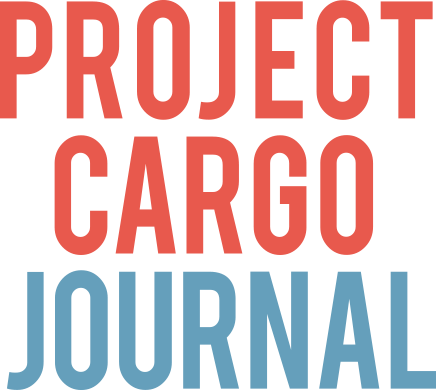Kampala turns to Plan B for SGR
NewsThe government of Uganda has cancelled its 2015 contract with China Harbour Engineering Company (CHEC) to build the next section of the standard gauge railway (SGR) from Malaba on the Kenyan border to the Ugandan capital Kampala




